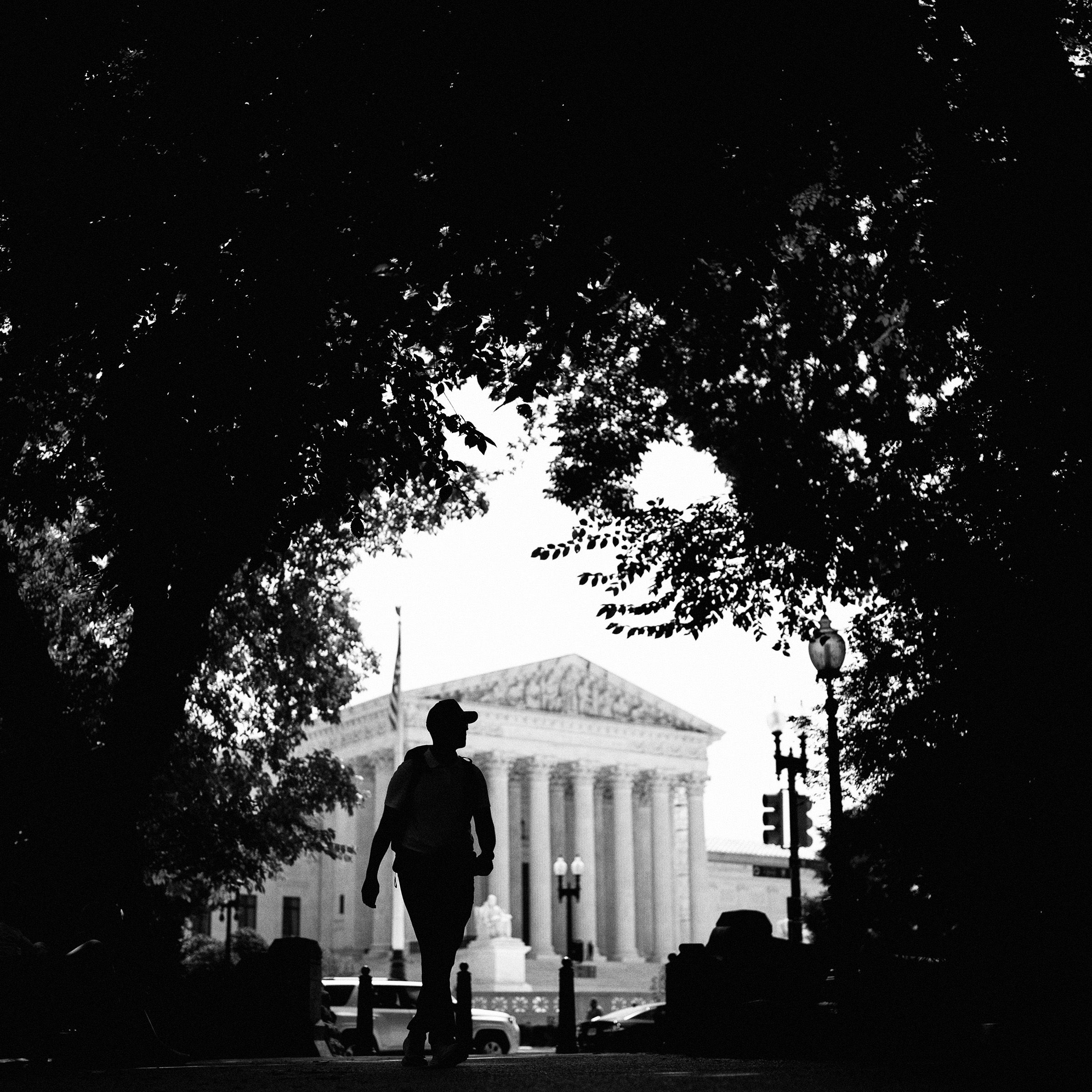US Supreme Court Upholds Texas Porn ID Law
The US Supreme Court has ruled in a landmark decision that the Texas Porn ID Law is constitutional, upholding the state’s right to require individuals to show identification before accessing adult content online.
The law, which was passed in 2017, mandates that individuals must verify their age and identity before viewing pornographic material on the internet. This decision has sparked a national debate on the balance between free speech and protecting minors from harmful content.
In a 5-4 decision, the Supreme Court justices ruled that the Texas Porn ID Law does not violate the First Amendment, as it is a reasonable measure to prevent minors from accessing explicit material online.
Opponents of the law argue that it infringes on freedom of speech and privacy rights, while supporters maintain that it is necessary to protect children from exposure to harmful content.
The decision has implications for similar laws in other states, as well as for the future of internet regulation and censorship in the United States.
Public opinion on the ruling is divided, with some praising the decision as a victory for child safety, while others criticize it as a violation of civil liberties.
It remains to be seen how the Texas Porn ID Law will be enforced and what impact it will have on the porn industry and online content providers.
The Supreme Court’s decision sets a precedent for other states seeking to regulate online content and protect children from explicit material.
Overall, the ruling reflects the ongoing debate over freedom of speech and the government’s role in regulating online content, particularly when it comes to protecting minors from harmful material.
